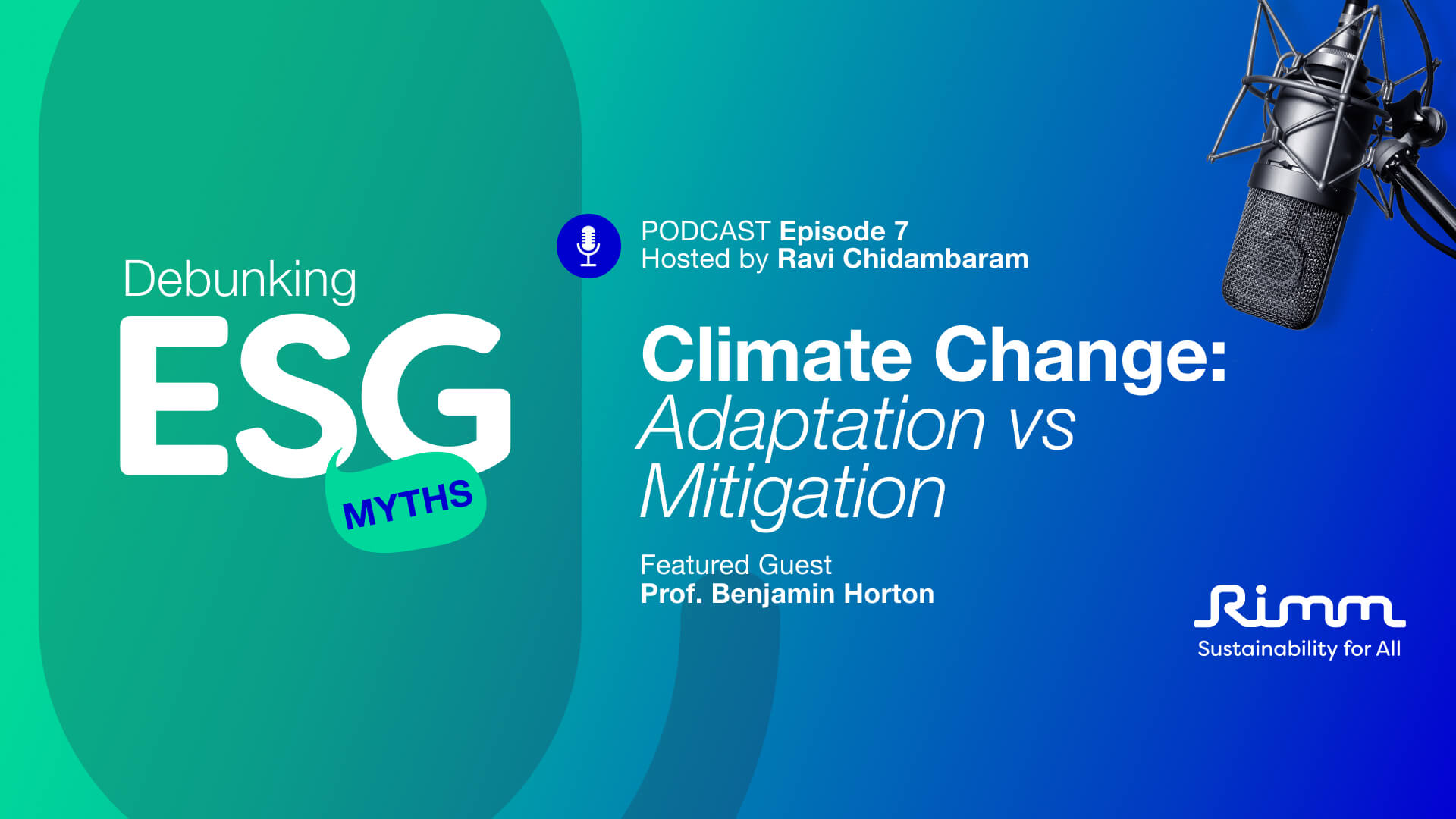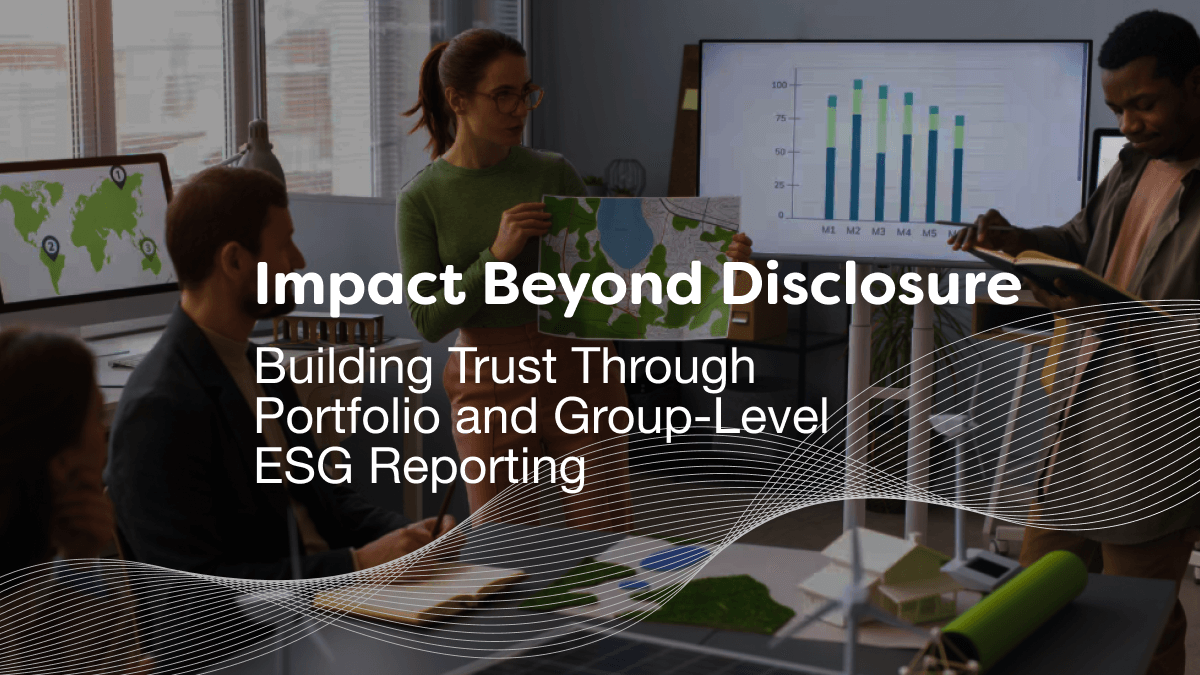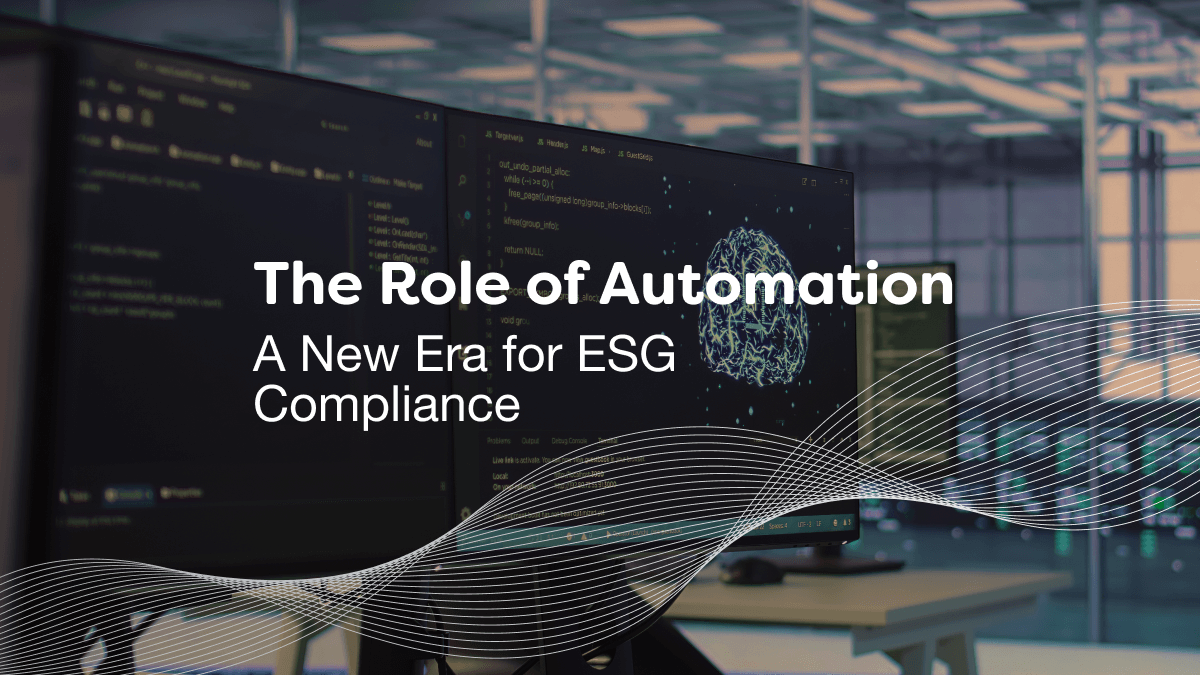Discover how sustainability practices boost SMEs’ bottom line and market position. Resource management and ESG reporting help cut costs and attract and retain customers.
The evidence is clear – adopting sustainability practices supports commercial success and competitive advantage in small and medium-sized enterprises (SMEs).
Most research has shown a positive link between sustainable behaviors and financial performance in SMEs. This means such practices are no longer just an ethical choice. They are a strategic imperative.
So let’s explore how taking a stance on environmental, social and governance (ESG) issues; managing resources; and sustainability reporting can be game changers for SMEs, enabling them to cut costs, increase efficiencies and win more business.
Save costs by managing resources
Adopting sustainable practices can enable substantial cost savings. Businesses can cut expenses by optimizing energy consumption, reducing waste and streamlining operations. For example, energy-efficient technologies like LED lighting and smart appliances help shrink carbon footprint and electricity bills.
Sustainable practices often help improve resource management and productivity. Efficient use of raw materials and supplies minimizes waste, reducing disposal costs and procurement expenses.
The drive to go green also encourages SMEs to reevaluate their processes, sparking innovative ways to achieve more with fewer resources.
Gain new business and market position
Sustainability is not just a buzzword – it drives consumer decisions, as they increasingly seek eco-conscious brands and products that align with their values.
A growing number are also willing to pay a premium for products and services from sustainable companies. By showcasing their commitment to sustainable practices, SMEs can tap this burgeoning market, expanding customer base and boosting revenue.
So positioning your firm as environmentally responsible can be a powerful way to attract new customers, build brand loyalty, increase bottom line and gain a competitive edge.
Encourage repeat business
Sustainability practices also help retain existing customers. Showing genuine concern for the environment and society helps build trust, increase customer loyalty and establish long-lasting client relationships.
Transparent communication about your sustainability efforts – through various channels such as social media, newsletters and sustainability reports – also fosters customer loyalty. When customers see their favorite SMEs taking a stand on environmental issues and backing it with action, they are more likely to remain loyal and advocate for those brands.
Boost competitive advantage through transparency and disclosure
Transparency is a fundamental part of sustainable business practices. SMEs that disclose their ESG efforts demonstrate authenticity and build credibility with stakeholders, including customers, investors, employees and business partners. It shows a commitment to corporate social responsibility, setting the company apart from less transparent competitors.
As sustainable practices become an expectation rather than an exception, many investors prioritize businesses that incorporate ESG factors into their decision-making. Access to capital and partnerships can significantly improve for SMEs with strong sustainability records.
In contrast, SMEs with unclear sustainability reporting could be denied vital financing, stifling innovation and growth, according to the Sustainable Business Guide.
Enhance decision-making with the power of ESG reporting and data analytics
As part of this transparency, ESG reporting has become a vital tool for SMEs to track and communicate their sustainability efforts. These reports provide stakeholders with a comprehensive view of the company’s ESG practices and impacts. The data produced is critical for internal decisions and external communication.
SMEs can also use data analytics to gain insights into their sustainability performance. By tracking metrics – such as energy consumption, waste generation and carbon emissions – they can set realistic sustainability goals and identify areas for improvement. Analyzing such data also helps SMEs benchmark themselves against industry peers and understand the impact of their efforts on the bottom line.
How can Rimm help?
For SMEs, sustainability is a business opportunity as well as a moral responsibility. Embracing eco-friendly practices brings cost savings, enhances market position, drives repeat business and opens new opportunities.
At Rimm, we take care of all your company’s sustainability needs across data management, analytics, reporting and compliance. Rimm is an all-in-one sustainability platform that guides SMEs in managing, tracking and reporting their sustainability performance. It offers digital sustainability management tools to help you put sustainability at the heart of your firm in compliance with evolving regulations.
Tracking and evaluating your ESG performance through Rimm helps you keep improving practices and impacts to generate sustainable value and make ESG a cornerstone of the business strategy. And through its analytical tools, Rimm also enables you to gain powerful insights into strengths and weaknesses, and benchmark against industry peers.
Sustainability is a driving force behind success. By managing resources efficiently, taking a stance on environmental issues, and disclosing ESG efforts, SMEs can thrive in a competitive world and secure a brighter future for their business, their customers, and the planet.
Want to learn more about Rimm’s solutions?
Browse our catalog or book a free demo today.








